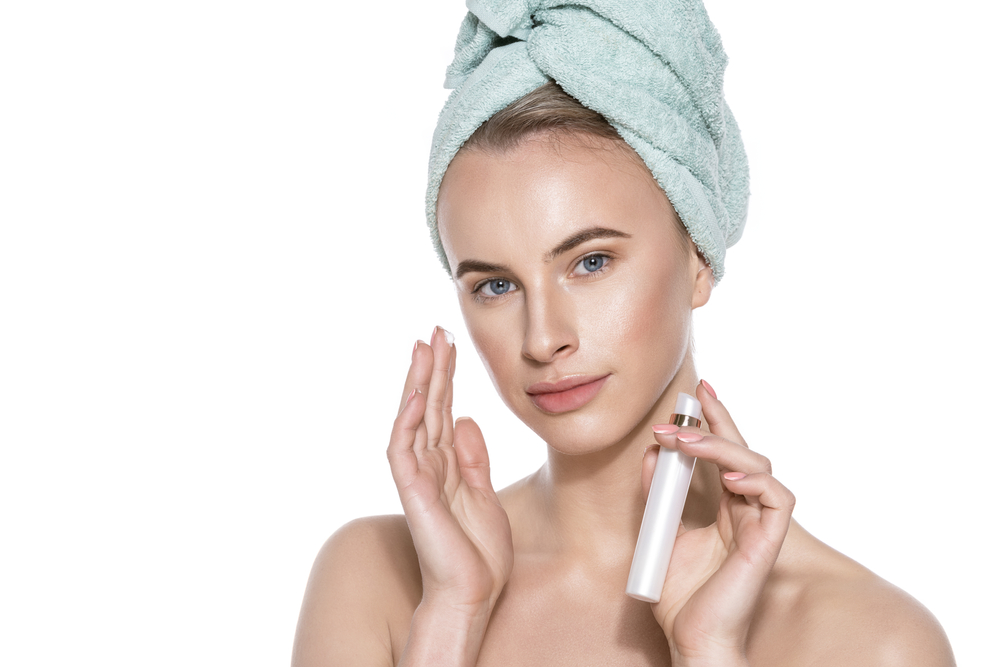Juvederm has made a name for itself in the field of aesthetics as a leading dermal filler, extensively used for enhancing facial contours and reducing signs of aging. Composed primarily of hyaluronic acid, a substance naturally occurring in the skin, Juvederm has gained popularity for its ability to provide immediate and lasting results.
With such widespread use, any potential clients must understand the safety aspects associated with Juvederm treatments. We’re going to dig into the safety profile of Juvederm to give you crucial insights that will help you make more informed decisions about using Juvederm, in the context of your health.
What is Juvederm?
Let’s start by defining Juvederm. Juvederm is actually the name of a family of injectable dermal fillers that use hyaluronic acid, a substance naturally found in the skin, to restore volume and smooth lines. The product line includes several formulations designed to address specific areas of the face, such as the cheeks, lips, and the area around the mouth. Hyaluronic acid in Juvederm attracts and retains moisture, which helps to hydrate the skin and add volume.
The most common Juvederm-treated areas include nasolabial folds, marionette lines, and lip enhancement. These treatments not only help in reducing the appearance of wrinkles and lines but also in enhancing facial symmetry and youthfulness.
Is Juvederm Safe?
The FDA approval for Juvederm shows that the drug can meet strict safety standards. The approval was granted after extensive clinical trials demonstrated its safety and efficacy for cosmetic use. The hyaluronic acid used in Juvederm is biocompatible. It closely mimics the hyaluronic acid naturally produced by the body, which significantly reduces the risk of allergic reactions and other adverse effects.
Clinical studies have consistently shown Juvederm to be safe for most people when administered by a qualified professional. It is important, however, to disclose any allergies or medical conditions to your practitioner before undergoing treatment, as certain conditions may increase the risk of complications.
Safety considerations also include understanding the minor and temporary side effects that may occur, such as redness, swelling, or bruising at the injection site. These effects typically resolve within a few days.
Potential Side Effects
While Juvederm is widely recognized for its safety, like any medical treatment, it can cause side effects. Most side effects are mild and temporary, often related to the injection process rather. It closely mimicself.
- Redness, Swelling, and Bruising: These are the most typical reactions, usually occurring at the injection site. They can last a few days but generally resolve without any need for treatment.
- Pain or Tenderness: Some discomfort might be felt during and shortly after the injection but it usually subsides within a few hours to days.
- Itching and Rash: These symptoms are less common but can occur, especially in individuals with sensitive skin.
Also, the following symptoms, while rare, may indicate more serious medical issues.
- Granulomas: Small areas of inflammation that can form around the filler material, which might require medical treatment.
- Vascular Occlusion: This occurs when the filler is accidentally injected into a nearby blood vessel, leading to potential tissue loss or other serious outcomes.
Maximizing Safety with Professional Care
To make sure your Juvederm experience is the safest possible, choosing an experienced practitioner is critical. Consider these points before making a decision:
- Select a Certified Professional
- Consultation is Key
- Follow Pre and Post-Treatment Guidelines
- Clinic Standards
Partner with the Juvederm Experts at Carrington
At Carrington Medical, we pride ourselves on providing top-tier Juvederm treatments administered by experienced professionals. Trust us to enhance your natural beauty safely and effectively. Schedule a consultation today to discuss how Juvederm can help you achieve your aesthetic goals. Let Carrington be your partner in confidence and care.







